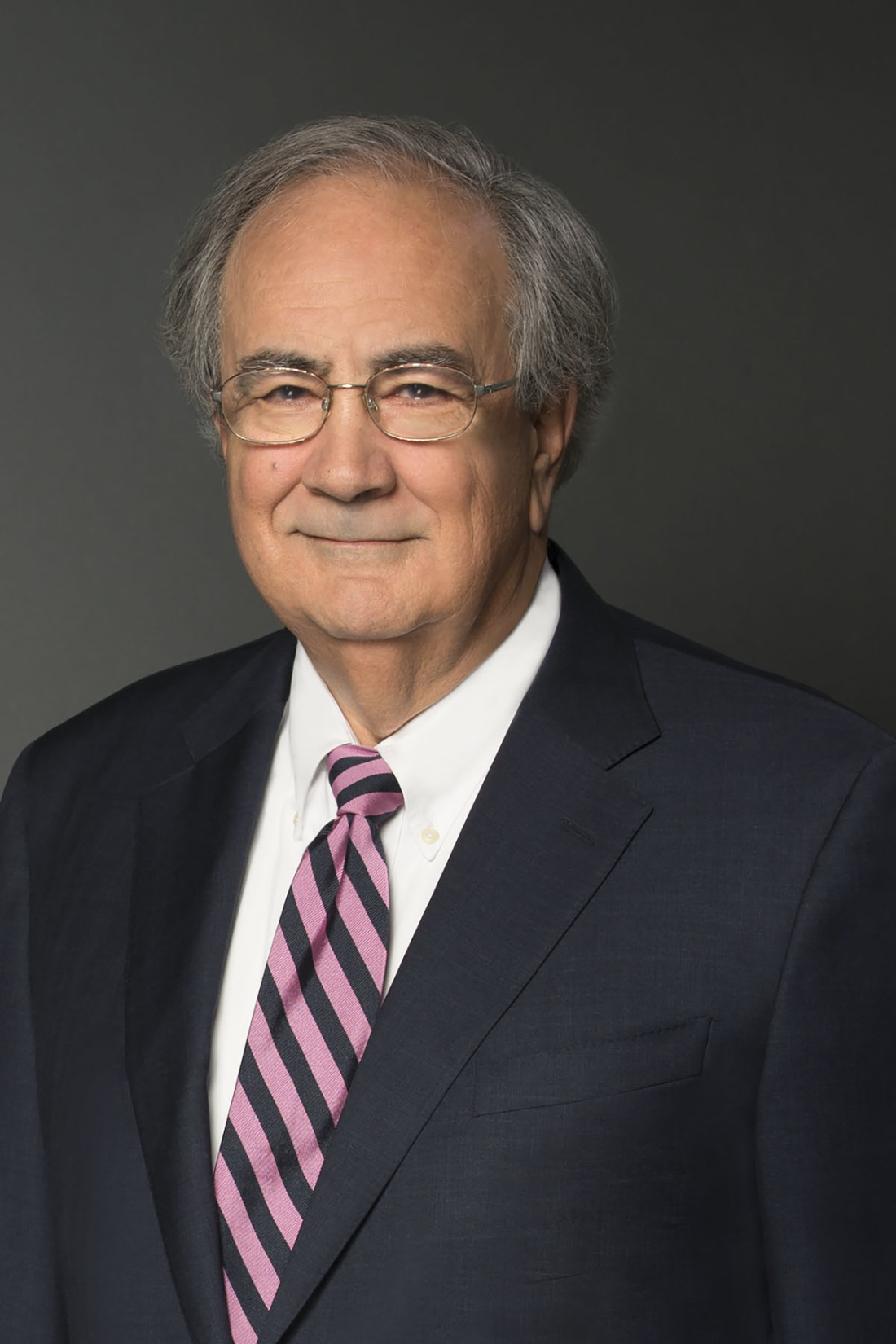Showing 2 posts in stockholder litigation delaware.
Court of Chancery Authorizes Use of Extrinsic Evidence to Construe Preferred Stock Rights
Stock preferences are in derogation of the common law and thus strictly construed. Any rights, preferences, and limitations of preferred stock that distinguish it from common stock must be expressly and clearly stated. But, as this decision explains, that does not mean that extrinsic evidence cannot be considered to construe ambiguous provisions. The decision also affirms that stockholder rights to inspect corporate records for a proper purpose cannot be taken away by a certificate of incorporation.
ShareIs Stockholder Litigation in Trouble in Delaware? An Update
 A series of recent Delaware court decisions have caused some plaintiffs law firms to decide stockholder litigation should no longer be filed in the Delaware courts. This article will first explain the background to their views and then discuss whether they are right to be concerned about the future of stockholder litigation under Delaware corporate law. We first wrote about these developments in our April 22, 2017 article, available on our blog. This is an update.
A series of recent Delaware court decisions have caused some plaintiffs law firms to decide stockholder litigation should no longer be filed in the Delaware courts. This article will first explain the background to their views and then discuss whether they are right to be concerned about the future of stockholder litigation under Delaware corporate law. We first wrote about these developments in our April 22, 2017 article, available on our blog. This is an update.
The concern arises out of three developments in Delaware corporate litigation. First, in In re Trulia Stockholders Litigation, 129 A.3d 884 (Del. Ch. 2016), the Delaware Court of Chancery discouraged the filing of so-called “merger objection” suits that attacked almost every merger under Delaware law. The court refused to approve “disclosure-only” settlements of those suits that provide handsome fees to the plaintiffs lawyers in return for modest supplemental proxy disclosures. As a result, the plaintiffs bar largely stopped filing those suits in Delaware state courts and instead filed them in various federal courts alleging securities law violations. That trend has continued, even though the Trulia rationale has been increasingly followed by other courts. More ›
Share



